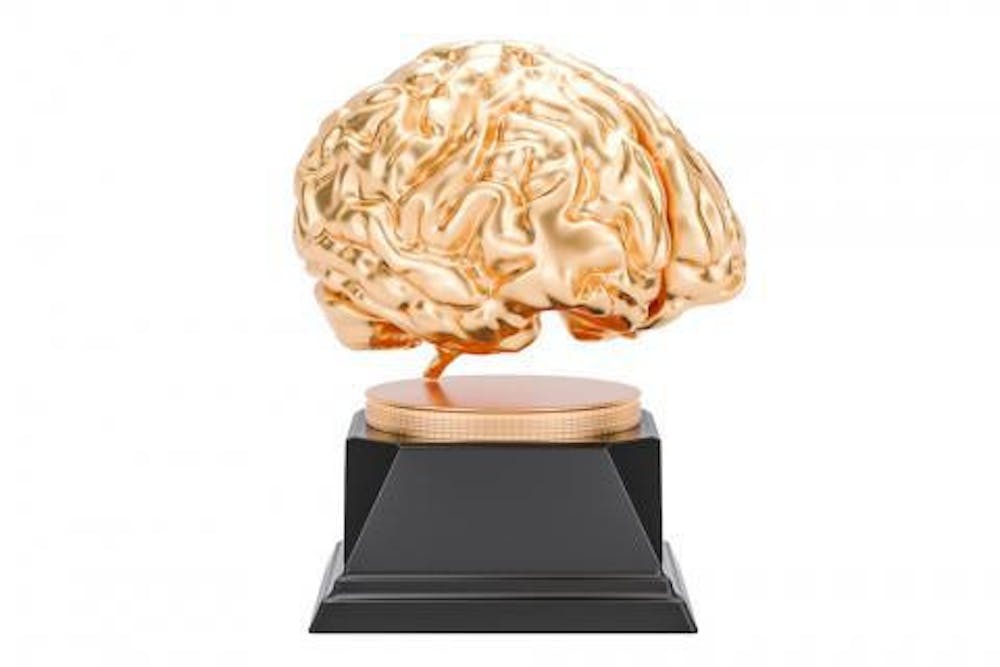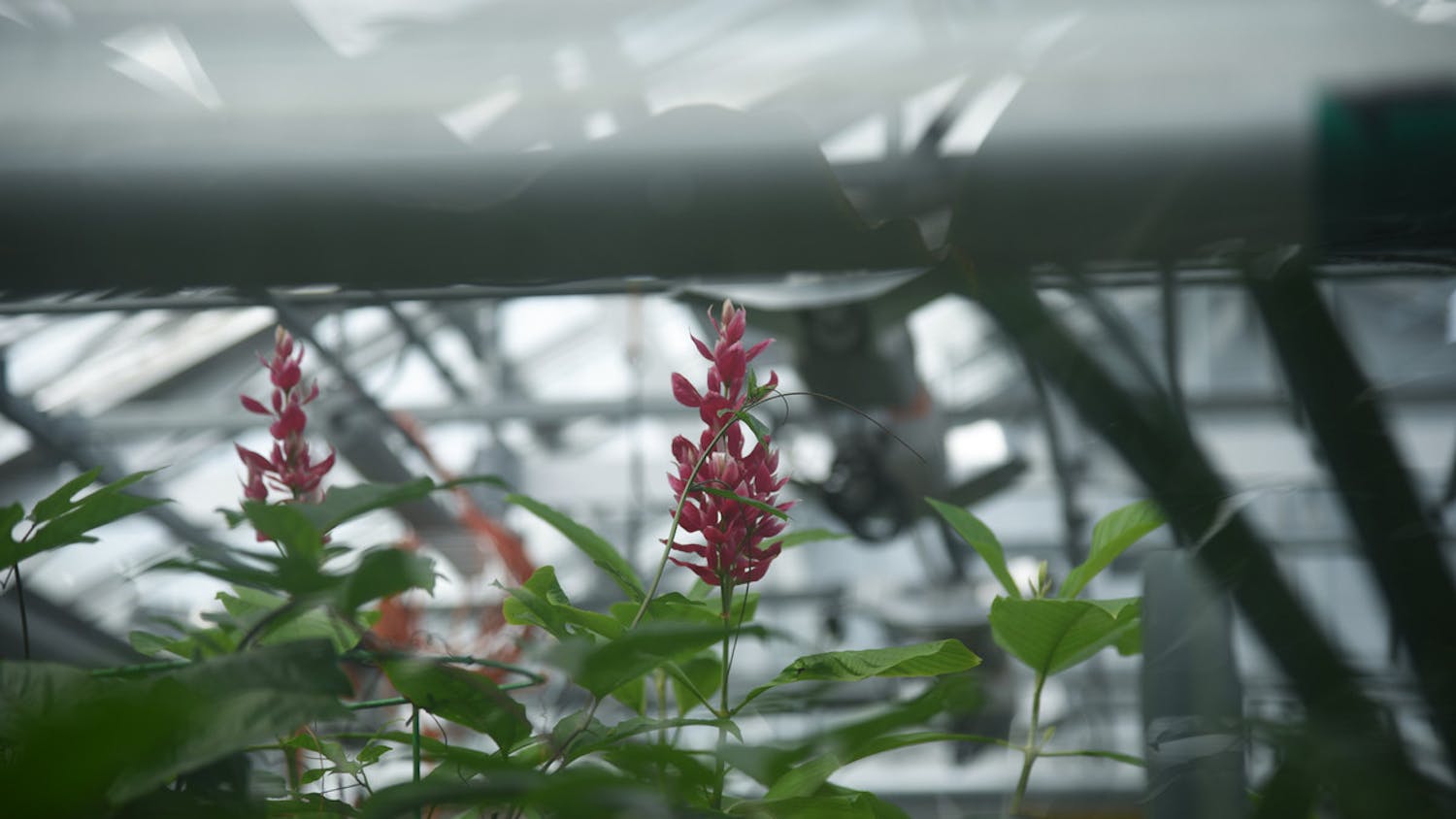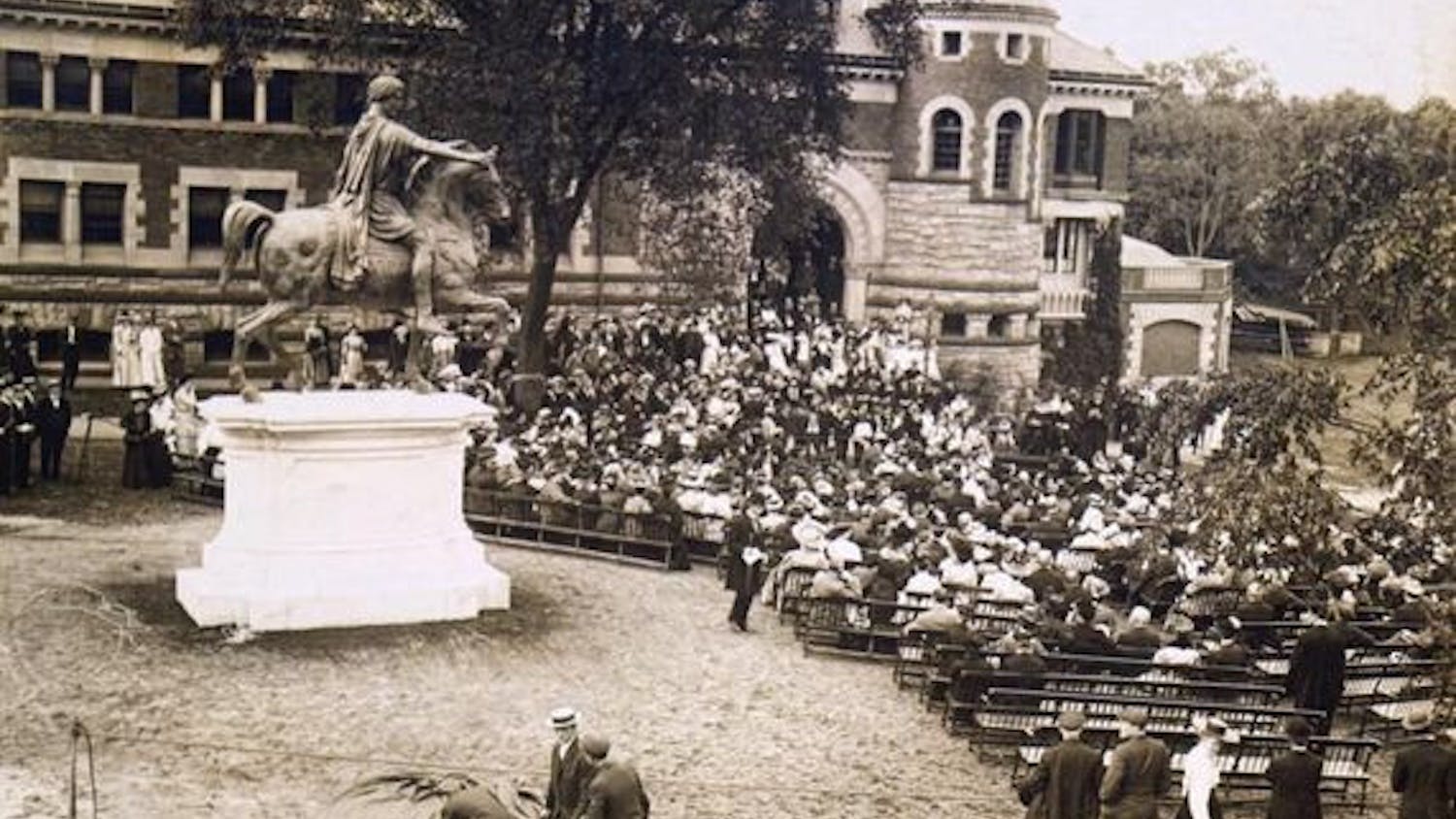The University’s Robert J. and Nancy D. Carney Institute for Brain Science awarded its 2021 Graduate Awards in Brain Science to seven graduate students, according to a Sept. 28 University announcement.
The award, which includes tuition support for two semesters and one summer and offers a travel stipend for research purposes, recognizes “early-career scientists who have made outstanding research progress and demonstrate strong potential for successful lifelong scientific careers,” according to the announcement.
Each award is supported by funding from various gifts to the Carney Institute, said Director of the Carney Institute and Professor of Neuroscience Diane Lipscombe.
A group of faculty volunteers selected seven graduate students from 23 applicants across eight graduate programs, on the basis of the potential impact of the students' research as well as how the award would enhance their projects, Lipscombe added.
With this award, the Carney Institute hopes to give the graduate students greater “flexibility to explore” their fields, Lipscombe said. It’s also an early acknowledgement and a good way for students to learn how to put a research project proposal together, she added.
The Herald spoke to several of the award recipients about their research.
Three-dimensional microtissue models for toxicity testing
Aurora Washington GS, a fifth-year biotechnology Ph.D. student, is studying environmental toxicant exposure using 3D systems. Her research is focused on characterizing the “morphological expressions of synapses” — the spaces between neurons in the brain — using a 3D rat “mini-brain,” a type of three-dimensional microtissue cell culture, Washington said. Washington is a member of Associate Professor of Neuroscience Diane Hoffman-Kim’s lab.
Using this 3D brain model, Washington’s project will work on developing “a human model to study in parallel the species-specific differences to toxic exposure,” she added.
“I am honored to receive this award from Carney and highlight my work,” Washington said. “I think (the) Carney Institute is making great efforts towards a collaborative academic environment and groundbreaking brain science.”
“We are thrilled about Aurora’s Carney Award, for her to bring her important research on mini-brain models of toxicology to the Carney Institute, and to engage with its campus-crossing faculty and programming in Brain Science,” wrote Hoffman-Kim in an email to The Herald.
Interpreting modern genetic testing in autism spectrum disorder
Qing Wu GS, a fourth-year Ph.D. student in computational biology, is “developing a machine learning model to interpret modern genetic testing in autism spectrum disorder,” according to the Carney Institute’s announcement. Her work aims to create a better tool for interpreting modern genetic tests that would consider the heterogeneity in autism spectrum disorder.
ASD is a heritable, “developmental disorder with variability in phenotypic features and genetic characteristics,” Wu wrote in an email to The Herald. Wu does research under Eric Morrow, professor of Biology, Neuroscience and Psychiatry and Human Behavior.
Clinical genetic tests are recommended to assess rare variants of ASD, Wu wrote. But “there are often great limitations in translating the results from these genetic tests to clinically meaningful diagnosis,” she added.
Using machine learning models, “my research aims to develop a method to better interpret modern genetic tests in ASD … and ultimately match patients to the most effective clinical care early in their diagnosis,” Wu wrote.
Wu is ineligible for many grant opportunities as a Chinese international student. “I am so happy and feel honored to receive this award. I want to show my genuine gratitude for the Carney Institute graduate award. This award would serve as a highlight of my time training here at Brown,” Wu wrote.
Maintaining and manipulating memories
Lakshmi Govindarajan GS, a Ph.D. student in cognitive science, is using scientific research to understand memories. He researches in the lab of Thomas Serre, professor in Cognitive Linguistic and Psychological Sciences and Computer Science.
“My research aims to build computational models … to explain our ability to maintain and manipulate memories. These models will also help in building more robust and efficient artificially intelligent systems,” Govindarajan said in the Carney Institute press release.

Jared is a Senior Staff Writer for Science and Research. He is a senior from Albuquerque, New Mexico studying physiology and biotechnology. Outside of The Herald he likes to fish, ride bikes and research the role of metals in human health and disease.





